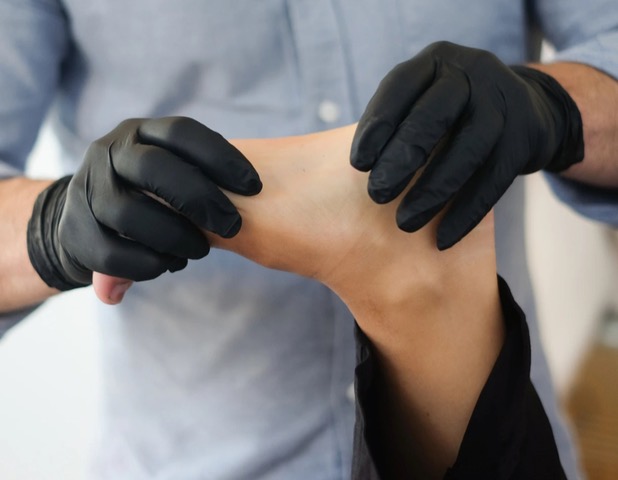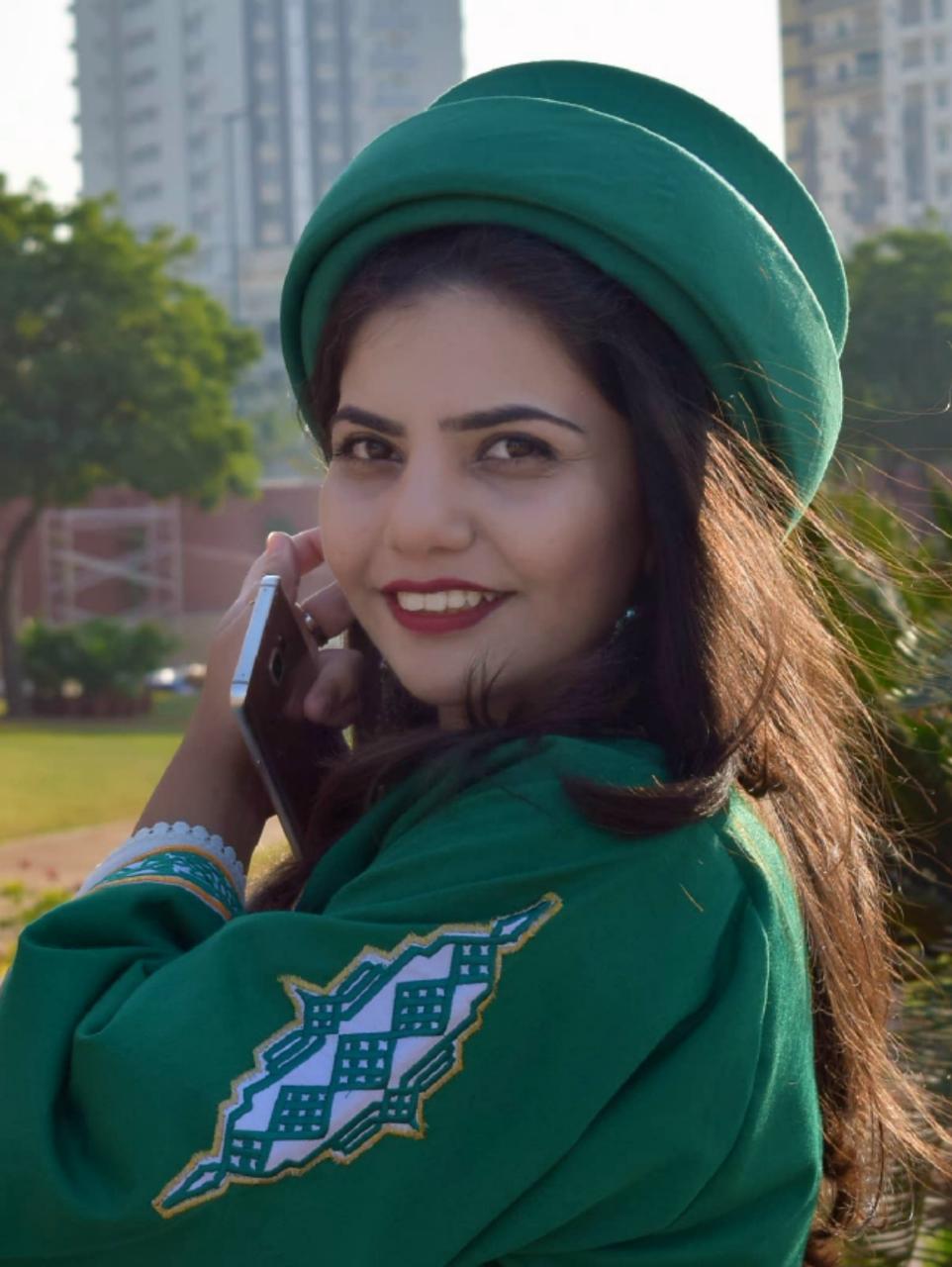From the OR, with love.
FRIDAY, MARCH 29, 2019
It is a truth universally acknowledged that the closer an exam is, the more a student tends to procrastinate. I have my surgery exam in less than a week. Nevertheless, I want to pen down these words before the stroke of midnight. Today was a special day, and I want to remember it for as long as I can.
December 19, 2016
 Third-year of medical school. First day of December break after the family medicine exam. My first day in neurosurgery. My first day in the operating room (OR). I had stayed back during the week-long winter break to rotate in neurosurgery and be sure that I wanted to do it for the rest of my life. I had attended morning rounds, my first rounds ever, and had then followed the friendliest-looking resident down to the OR. The residents were all guys and they awkwardly told me where to get my scrubs and that I had to wear shoe covers, a cap to cover my hair, and a face mask. They pointed to where the female locker rooms were and pretended to not know the code to the door, which I inquired from a lady passing by. As soon as I had strapped on my OR armor, I skipped down the stairs, two at a time, and into OR 8 I went.
Third-year of medical school. First day of December break after the family medicine exam. My first day in neurosurgery. My first day in the operating room (OR). I had stayed back during the week-long winter break to rotate in neurosurgery and be sure that I wanted to do it for the rest of my life. I had attended morning rounds, my first rounds ever, and had then followed the friendliest-looking resident down to the OR. The residents were all guys and they awkwardly told me where to get my scrubs and that I had to wear shoe covers, a cap to cover my hair, and a face mask. They pointed to where the female locker rooms were and pretended to not know the code to the door, which I inquired from a lady passing by. As soon as I had strapped on my OR armor, I skipped down the stairs, two at a time, and into OR 8 I went.
The air felt sanitized. The floor was sparkling clean. Everything was in order except the anesthesia corner which was haphazard with pipes, wires, and tubes sticking out from everywhere. The friendly resident from before informed me that we were to repair a scalp laceration. A pre-teen boy had fallen off his motorbike and grazed his head on the road. The skin on his head was torn like a piece of paper, and we were supposed to stitch it back in place. He asked me if I would throw up when I saw the patient. At that point in time, being squeamish had been my biggest fear. Fast forward to the patient being wheeled into the OR, writhing in pain and with a scalp gashed open. I just stared. All I could think about was the boy's pain and a million questions concerning the repair of his wound. I did not scrub in, but watched the whole process intently for more than two hours: the shaving of the patient's head, the scraping of the congealed blood and debris from the skin with a chlorhexidine brush (which I later saw the consultant use to scrub for the surgery), the betadine prepping, the sterile draping, the screen - so the anesthesia folks wouldn't get disturbed. To this day, I do not know if that was a joke. The phrase “wound debridement" came to life during the procedure as the surgeons burnt away the dead edges of the skin and underlying tissues. I learned what approximation was and its importance in wound healing. The different types of sutures. And, to my horror, staples! To close the skin. Yes, it's an actual stapler, like the one in your stationery cabinet, except it staples skin together.
That week in neurosurgery was the beginning of my love for the OR. I saw all sorts of procedures one can see in neurosurgery: tumor resection, spine decompression, VP shunt (in a 7-day old child), and wound repair. I scrubbed into a lot of procedures. My consultant himself taught me how to scrub for surgery. He would ask me if I had had my meals before a surgery and would send me off to eat if I hadn't. The demeanor of the entire team was very supportive and kind, a huge surprise after having rotated at one of the medicine subspecialties and being treated as unpaid labor.
The last three years in the OR have been phenomenal. I have retracted legs of humans thrice my size for orthopedic surgeries, and by retracted, I mean: pulled a leg with all my might by hanging onto it so the surgeons could put a rod inside to fix the fractures. I have attended five back-to-back laparoscopic cholecystectomies (removing the gallbladder using a camera) per day for four weeks, which has helped me scratch off general surgery from my list of interests. As if DREs (digital rectal exams) weren't enough. I have assisted in ENT procedures and received mixed critique ranging from a condescending “You have strong hands for a girl" to “You're right. Never second guess yourself." I've gone on to do suturing, making incisions, burring holes, first-assisting in several surgeries when the resident wasn't around, and eventually doing a minor laparoscopic procedure myself under the supervision of my consultant. The longest I was scrubbed in was fifteen hours for the surgery of a complicated case of hydrocephalus (increased fluid in the brain). It has been quite the ride.
Despite the dire condition that patients are in, being in the OR gives me a sense of being in control. That all is not lost. That there is still hope. The happiest I am on a working day is when I am in the OR.
March 28, 2019
Fifth-year of medical school. My last official OR day as a medical student. I am currently in pediatric surgery. My consultant, a friendly gentleman, had three surgeries on schedule today. A circumcision - fairly uneventful. A splenectomy - removing the spleen of a child with thalassemia major (kindly avoid marrying your cousins because this is what happens, thanks), a high-risk surgery that I had never seen before and hence had my undivided attention. The last one was a laceration repair of a young girl whose dupatta had gotten stuck in the motorbike and had grazed her neck and lower face. Her prognosis is good, thank God. The lacerations weren't too serious but had to be stitched up properly.
During the surgery, I kept thinking of the first time I had been in the OR. It was a scalp laceration repair. The last time I would officially be in the OR as a medical student - a facial laceration repair. Talk about coming full circle.
To think that for the next six months as a medical student I won't have any business in the OR is unsettling. I did not expect this realization to hit so strongly but after weeks of continued surgical rotations (electives and surgery), it is hard for me to fathom a life restricted to wards and clinics. My only consolation is the hope that I continue to pursue surgery as my career path in the future. When I will wear those 6.5-sized gloves again? I do not know. I hope and pray it is soon.
DISCLAIMER: Copyright belongs to the author. This blog cannot be held responsible for events bearing overt resemblance to any actual occurrences. The views expressed do not necessarily reflect the views and policies of CCIT or AKU.
About the Author

Dr. Zahra Shehzad is an MBBS graduate of the Aga Khan University, Class of 2019. Apart from all things surgery, she's passionate about karaoke, baking, reading, K-pop, and roller-skating.

